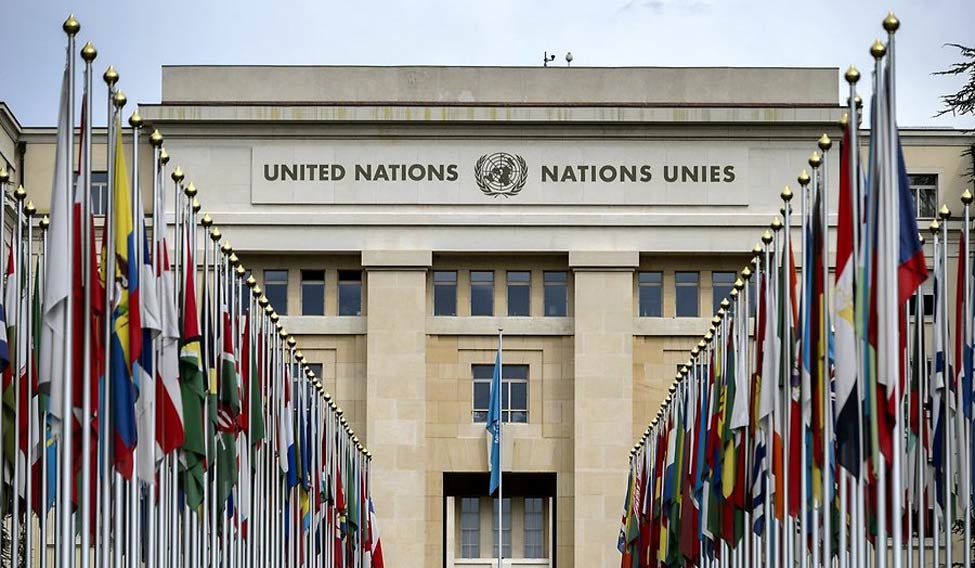Finance ministers from the 15 Security Council nations will adopt a plan on Friday aimed at disrupting revenue that the Islamic State extremist group gets from oil and antiquities sales, ransom payments and other criminal activities.
The Islamic State group, also known as ISIL and Daesh, is already subject to UN sanctions under resolutions dealing with al-Qaida.
The proposed Security Council resolution, sponsored by the United States and Russia, elevates IS to the same level as al-Qaida, reflecting its growing threat and split from the terror network behind the 9/11 attacks.
US Ambassador Samantha Power called the meeting an unprecedented chance to bring together the people with the technical abilities to starve the Islamic State group of resources.
The Islamic State group controls a large swath of Syria and Iraq, including oil and gas fields, though bombing campaigns by the US-led coalition and ground forces have enabled Iraq to regain some territory.
Adam Szubin, the acting US Treasury undersecretary for terrorism and financial intelligence, said getting at the group's revenue is a serious challenge because much of its money comes from oil and gas sales within territories it controls that have the potential to generate hundreds of millions of dollars annually, as well as from taxation and extortion.
This is in contrast to al-Qaida, whose funding typically comes only from kidnappings for ransom and from outside donors, including charities, he said at a White House briefing on Thursday.
"The good news is ISIL has a number of vulnerabilities as well," Szubin said. "They are fighting a multi-front war at the same time that they are trying to provide governance, provide assistance to overseas affiliates, and trying to build this reputation of a supposedly Islamic caliphate."
He stressed that IS needs access to the international financial system for oil equipment, weapons, communications equipment and other imported items which requires them to move funds ideally leaving a "money trail" that can be disrupted.
The Islamic State group is also earning some money from oil and gas sales outside its territory, the sale of antiquities to foreign buyers and ransom payments.





